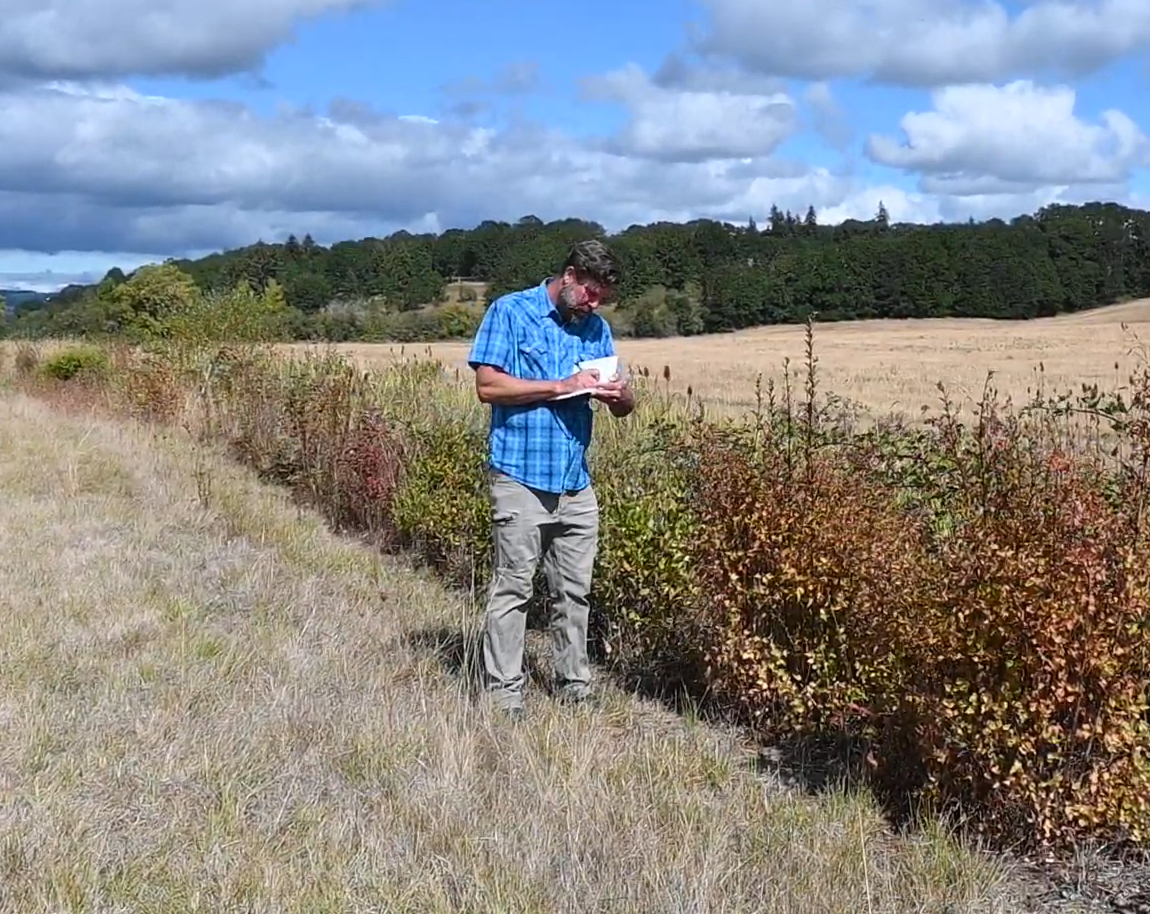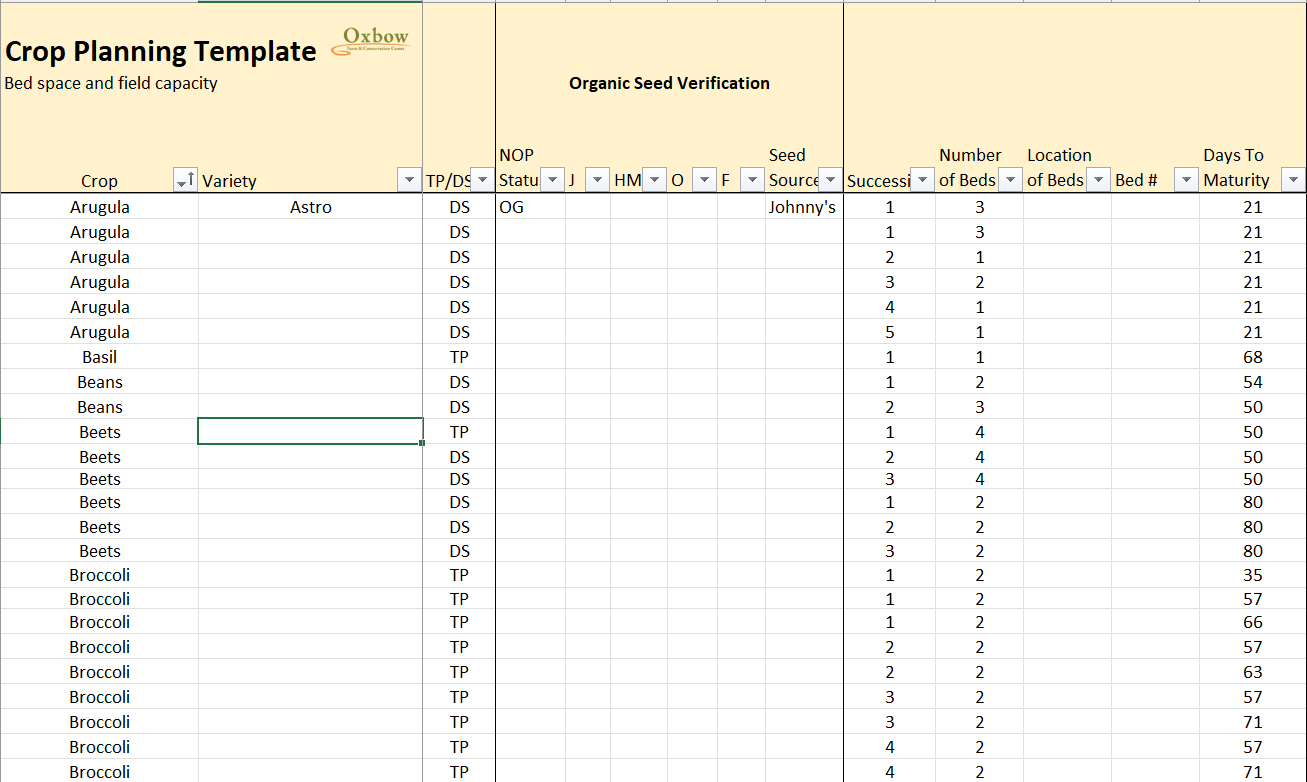A directory featuring local and out of state contacts for agencies and experts in urban agriculture, plus links to resources, directories, trainings and more.
Type: Manuals/Guides
Field Day Toolkit
Tech Note 12 Toolkit English
Description of what TN-12 is, how it benefits farmers, how it helps NRCS field staff. Both in English and Spanish
Preliminary Trials on Use of Essential Oils for IPM of Coconut Rhinoceros Beetle
Example Transitional Production Plan (TPP) for Crops
This resource walks the user through an example Transitional Production Plan (TPP) – Crops, with added notes for clarity.
The Trail of Records: Recordkeeping Guide for Organic Crop Certification
This guide provides an overview of the required recordkeeping for certified organic crop operations broken down into the following sections: Seeds, Planting Stock, and Seedling Records Planting and Production Activity Records Input Material Records Harvest and Storage Inventory Records Sales and Transactions Records The guide includes recommendations for recordkeeping templates for each section.
Crop Planning Template and Info Guide
This crop plan is a template made from the existing systems at Oxbow Farm and Conservation Center’s production farm for the last 20+ years. It’s intended to ease the winter planning process and take some of the guess work out of crop planning.

